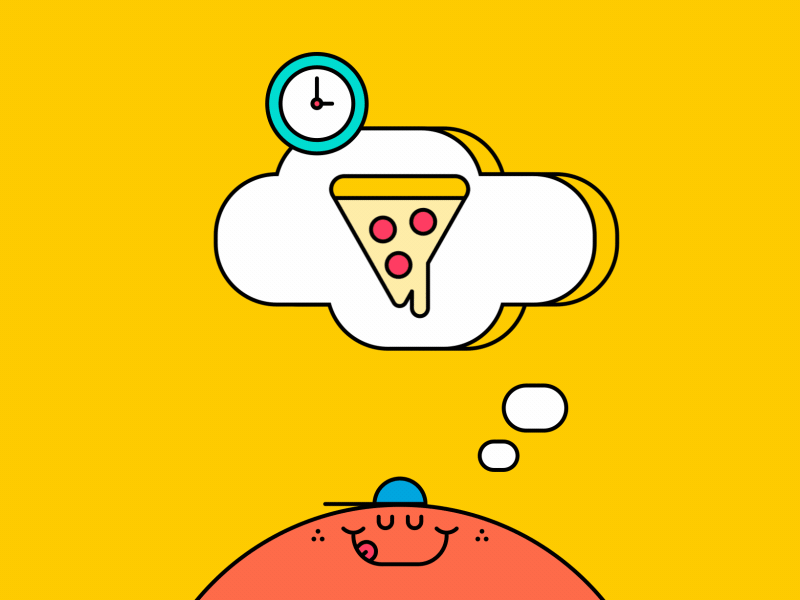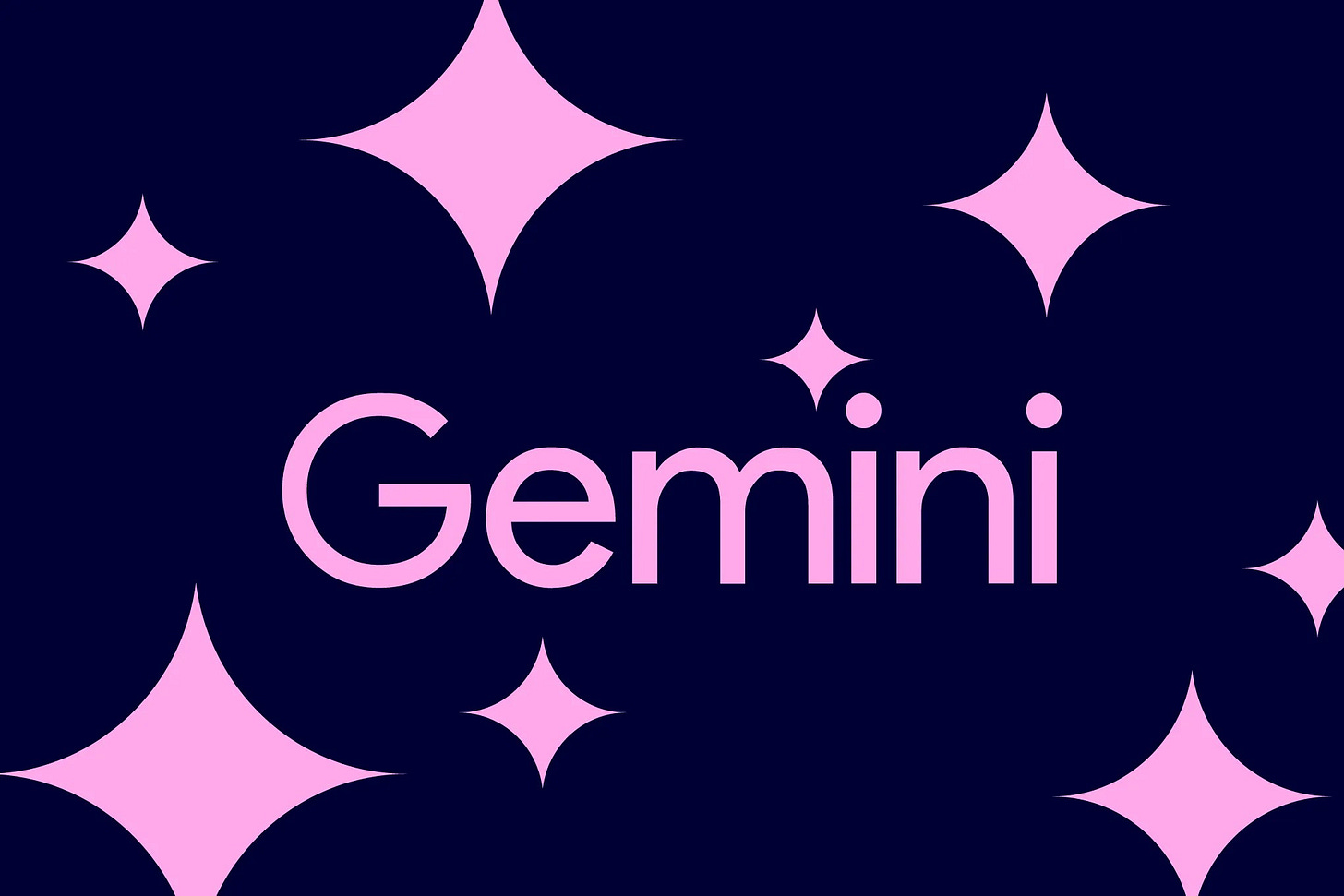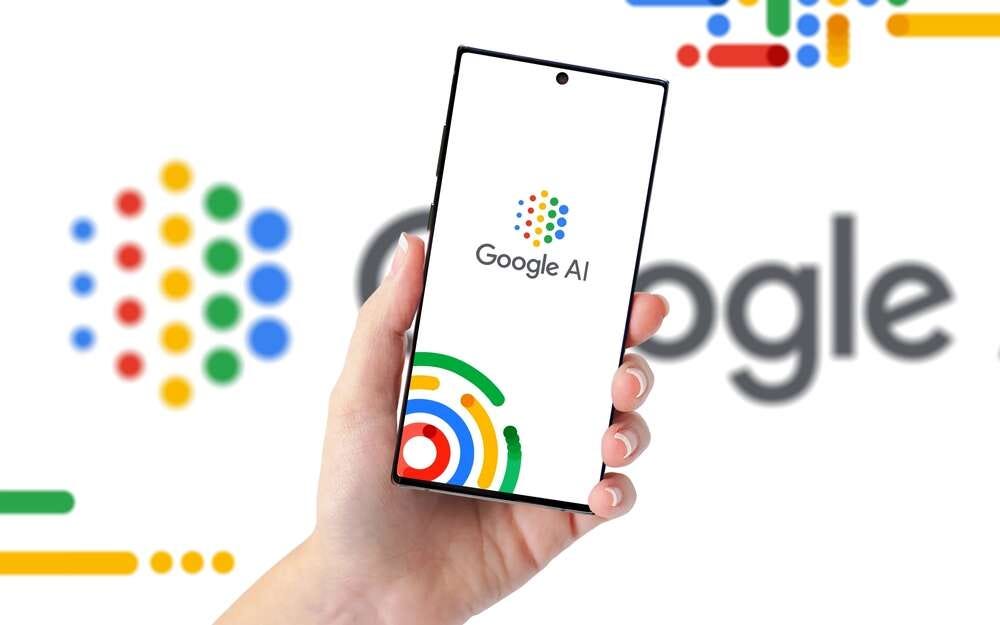
AI: Anthropic and Google step up AI Memory efforts. RTZ #813
Regular readers here know my first post here at AI: Reset to Zero was on AI chatbots had ‘the memory of a goldfish’. That is, not so much back then, in the early days of this AI Tech Wave.. It’s been a core issue of focus here as LLM AI companies have been adding memory capabilities to their AIs both on the front and back end.
This week saw both Anthropic and Google with Gemini beef up memory support for their core AI offerings. Of course, OpenAI has been focused on this for over year, and memory remains a key differentiator for the company’s flagship ChatGPT product, for over 700 million weekly mainstream users. And counting.
So it’s useful to note both what Anthropic and Google are doing in this area.
The Verge goes through Anthropic’s efforts in “Anthropic’s Claude chatbot can now remember your past conversations”:
“But it’ll only do so if you ask it to.”
“On Monday, Anthropic released a hotly anticipated memory function for its Claude chatbot.”
“In a YouTube video, the company demonstrated a user asking what they had been chatting about with Claude before their vacation. Claude searches past chats to read and summarize them for the user, then asks if they’d like to move on and keep working on the same project.”
The new pitch is straightforward, and perhaps even memorable:
“Never lose track of your work again,” the company wrote. “Claude now remembers your past conversations, so you can seamlessly continue projects, reference previous discussions, and build on your ideas without starting from scratch every time.”
And it’s cross-platform:
“The feature works across web, desktop, and mobile, and it can keep different projects and workspaces separate. It started rolling out to Claude’s Max, Team, and Enterprise subscription tiers today — just go to “Settings” under “Profile” and switch the feature on under “Search and reference chats” — and the company said other plans should receive access soon.”
But Anthropic has decided to do it differently than OpenAI:
“But there’s an important caveat here: It’s not yet a persistent memory feature like OpenAI’s ChatGPT. Claude will only retrieve and reference your past chats when you ask it to, and it’s not building a user profile, according to Anthropic spokesperson Ryan Donegan.”
“Anthropic and OpenAI have been going head-to-head in the AI arms race for quite a while, racing to roll out competing features and functionalities — like voice modes, larger context windows, and new subscription tiers — as they both raise ever-increasing funding amounts. Last week, OpenAI launched GPT-5, and Anthropic is currently looking to close a round that could value it as high as $170 billion.”
The reason for this focus is predictable:
“Memory functions are another way leading AI companies are looking to attract and keep users on one chatbot service, increasing “stickiness” and user engagement.”
“Chatbots’ memory functions have been the subject of online debate in recent weeks, as ChatGPT has been both lauded and lambasted for its references to users’ past conversations, with some users controversially treating it as a therapist and others experiencing mental health struggles that some are referring to as “ChatGPT psychosis.”
Google’s efforts are also covered by the Verge in a separate piece “Google’s Gemini AI will get more personalized by remembering details automatically”:
But here unlike with Anthropic Claude,
“You’ll no longer have to prompt Gemini in order for it to recall what you’ve discussed in previous chats.”
“Google is rolling out an update for Gemini that will allow the AI chatbot to “remember” your past conversations without prompting. With the setting turned on, Gemini will automatically recall your “key details and preferences” and use them to personalize its output.”
That reduces the friction for users on a new capability.
“This expands upon an update that Google introduced last year, which lets you ask Gemini to “remember” your personal preferences and interests. Now, Gemini won’t need prompting to recall this information. As an example, Google says if you’ve used Gemini to get ideas for a YouTube channel surrounding Japanese culture in the past, then AI chatbot might suggest creating content about trying Japanese food if you ask it to suggest new video ideas in the future.”
Of course all the firms are trying to do this with safety and guardrails in mind:
“A recent New York Times article connected ChatGPT’s introduction of cross-chat memory in April to an increase in reports of “delusional” chats, and last week, OpenAI said it was working on more safety guardrails to detect mental or emotional distress.”
“When asked about this issue, Google spokesperson Elijah Lawal said Google is “constantly” trying to improve its safeguards. “Our focus has been building a personal AI assistant, and Gemini learning your preferences is key to this,” Lawal said. “Equally crucial is giving you easy controls to choose the experience that’s best for you, so you can turn this feature on and off at any time.”
“Google will turn on this feature by default, but you can disable it by heading to your settings in the Gemini app and selecting Personal Context. From there, toggle off the Your past chats with Gemini option. Google will roll out this feature to its Gemini 2.5 Pro model in “select countries” starting today, before eventually bringing it to more locations and its Gemini 2.5 Flash model.”
The details are notable on this policy implementation:
“Google is making a change to its privacy settings, as well. In the “coming weeks,” Google will rename its “Gemini Apps Activity” setting to “Keep Activity.” When you enable this option, Google will use “a sample” of your file and photo uploads to Gemini to “help improve Google services for everyone” starting on September 2nd, according to its blog post. This setting is turned off by default, and Google notes that Your “Keep Activity” will also remain switched off if you’ve already disabled the “Gemini Apps Activity” setting.”
“You can also preserve privacy through a new “temporary chats” option in Gemini. Temporary chats won’t appear in your recent chats or your Keep Activity setting. Gemini also won’t use these chats to personalize future conversations, nor will Google use them to train its AI models. Google will only save these conversations for 72 hours. The says temporary chats could come in handy for “exploring private questions” or to prevent Gemini from referencing the details of the conversation in a future chat.”
It’s logical for the major LLM AI companies to work on making memory a core part of their AI products, to of course enhance mainstream users sticking to their service, and building on core daily usage habits.
But as we can see from the above implementations, there is a lot of experimentation to figure out the right user interfaces, and experiences, that these companies eventually want to deliver. So still early days on this memory front in this AI Tech Wave. Stay tuned.
(NOTE: The discussions here are for information purposes only, and not meant as investment advice at any time. Thanks for joining us here)












